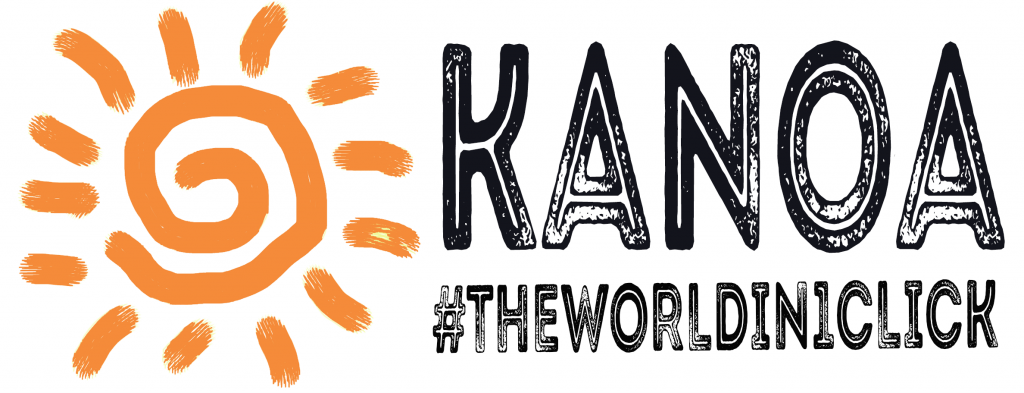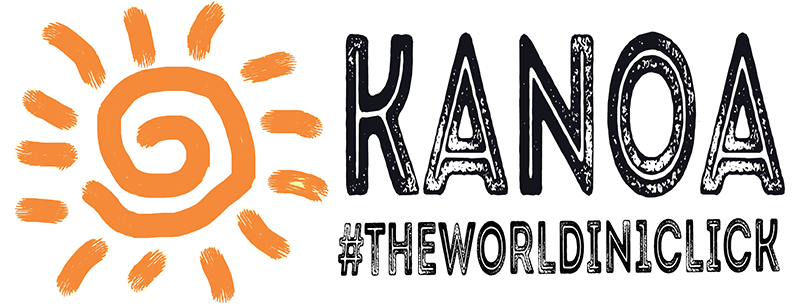There is no doubt that a holiday in Bulgaria can give a lot of emotions, reserving pleasant experiences to all visitors. Although it does not have the same appeal as Western destinations, today the country is experiencing extraordinary growth. The merit is due, mainly, to the incredible, and varied, offer.
Churches. Monuments. Extraordinary landscapes and natural parks. Peaks, ideal for winter sports and even famous beaches on the Black Sea. A trip to Bulgaria really leaves its mark.
TRAVEL TIPS
Many describe Bulgaria as an unsafe country, with frequent episodes of petty crime. Affirmations that can be shared only in part, even if in recent times it seems that the situation is slowly improving. As always, some simple universal precautions are enough. Pay attention only in the event that you stop the police organs; always ask that they show you a document of recognition that they are obliged to show; take note of the license plate of the car and, if you should incur a fine, always release the receipt. In the cities, avoid the suburbs at night, and always prefer less isolated places. If you travel by car, especially property, avoid parking far from the center: thefts are anything but rare!
HOW TO GET TO BULGARIA
Reaching the country by car takes a long time. Especially coming from Western Europe, and from the most western countries like Portugal, Spain and France. A trip by car is recommended only if you have a lot of time available, and at least a couple of intermediate stops.
The plane, therefore, represents the fastest and most economical solution to reach the country. Sofia International Airport it is the main airport of the country, connected to the main European destinations. Burgas and Varna are two secondary airports, mainly used by low cost companies and charter flights; direct connections with Europe, in both cases, are quite small.
The Bulgarian railways are not the best to reach the country and, in particular, the hinterland. The main links are limited to Capital and, to a lesser extent, to Varia. The main connections concern the countries of Eastern Europe, with travel times that are anything but reduced. In our opinion, the aircraft is the best solution in terms of quality, comfort and time.
GETTING AROUND
Buses are the best, and most used, means of getting around the country. Recommended, especially for trips between large cities. In this case, the road service is more reliable and faster than the railways. In the main cities and tourist locations, you can find information in the central bus station. Karat-Sfor example, it is a good company operating in the country, guaranteeing connections with the main Bulgarian cities, at competitive prices. A trip from the capital to Burgas, for example, costs from 9 to 12€, for a duration of about 5 hours and a half. From Sofia to Varia, however, it takes about 6 hours, with a cost of €16.00 per person.
Alternatively, you could use the train to move around the country. However, the railway connections are not very efficient, and the infrastructures are quite lacking. Often, you may find great offers on the official website of the Bulgarian BDZ Railways.
The car is not the best to move around the country. Despite recent improvements, Bulgaria is far from Western European standards. This results in a fairly precarious road network, with roads in poor condition, poor signaling and numerous holes; especially on highways and secondary roads. For those wishing to travel by car, we recommend moving along the highway that runs through Sofia. The Bulgarians, among other things, are known for driving at the edge of recklessness, often the cause of accidents!
DOCUMENTS AND CUSTOMS
The Country has joined the Schenghen Agreements; therefore, for the citizens of the European countries adhering to this Agreement, there is no obligation to show documents at the border; you are always required to bring an ID card or passport with you. It is recommended, above all, to bring the CI of their children under age, even if traveling by car or train. See our special section on this subject.
Dogs and cats enter freely, provided they have a health certificate and a recent certificate from the veterinarian of the ASL of residence, attesting to good health. Dogs must be vaccinated against rabies for at least 21 days.
Please note that the appropriate microchip must be applied to the animals. On public transport, animals must travel with a muzzle.
To fly with animals, please refer to the individual section Airline companies.
CURRENCY AND CHANGE
The LEV (in the plural LEVA), indicated with the code BGN, is the official Bulgarian currency. In October 2022, based on the current exchange rate, 1 LEV is worth approximately 0.51€ and 0.50$; a Euro, on the other hand, is worth 1.96 LEV.
Stotinki are the fractions of Lev. Each LEV consists of 100 stotinki. In circulation, there are coins from 1, 2, 5, 10 20 and 50 stotinki, and 1 and 2 LEVA. Banknotes, on the other hand, are available in denominations from 1, 2, 5, 10, 20, 50, and 100 LEVA.
In the Capital, in major cities and tourist centers, you can pay directly by credit card and withdraw cash at ATMs. It will not always be possible to pay with the card, especially in the villages and in the more remote areas. It is advisable to always have a cash reserve.
If you need to enter the bank, please note that it is generally open Monday to Friday from 08:30 to 13:00 and 14:00 to 17:00. The offices are always closed on Saturday, Sunday and holidays.
PRACTICAL INFO
HOUR
In Bulgaria, the hands of the clock are placed two hours forward, compared to the Greenwich meridian (UTC/GMT + 2). Daylight saving time starts on the last Sunday of March and ends on the last Sunday in October, with the hands forward an additional hour of Greenwich (UTC/GMT + 3).
ELECTRIC CURRENT
Throughout the country, the voltage is 230 volts, with 50Hz frequency. The electrical sockets, in general, are of type C or F. The first is the so-called “two-pole” eurospina, widely used in Europe. The type F socket is the Schuko type, used in Germany (photo below).
We recommend always using a special adapter. For the more confident, we recommend taking a look at this link.
POST
The office hours are generally Monday to Friday from 08:00 to 19:00 and Saturdays from 08:00 to 13:00. Opening and closing times, however, are subject to change depending on the area. In the capital, for example, the main post office is open every day, from Monday to Saturday, up to 19:00, and Sunday morning until 13:00. The offices are identified by the postal logo and the black writing on a yellow background.
SHOPS
There are no regulated timetables, but much depends on the area and the period. In Bucharest and in the major tourist resorts, you can find them open all day from morning to 20 or 22:00. Some markets are open 24 hours on 24. Only on Sundays, apart from a few exceptions, are closed.
PHARMACIES AND HOSPITALS
Despite the Cyrillic terminology, pharmacies are easily identifiable, on the outside, by the international symbol with the cross, generally green. The hours, as for the shops, vary depending on the area. Typically, pharmacies are open on weekdays, from 08:00 to 19:00 and Saturday morning, up to 13:00.
In the capital and large cities, health care, with the necessary exceptions, is relatively good, and the services fairly modern. In small towns and rural villages, the conditions are acceptable but, on the contrary, the machinery and the means are rather dated.
EU citizens are covered by the national health system. It is mandatory to always bring your own European Health Card. Stipulate a medical insurance that covers health expenses, it is strongly recommended before embarking on a trip.
PHONE
To call phones in Bulgaria, just place the 0359 on the phone number.
Today, almost all telephone companies offer calls from abroad included in their telephone plan. It is advisable to consult the rates of your operator. Alternatively, you can take advantage of the WiFi present in numerous accommodation facilities in the country, to make VOIP calls.
The frequencies used are: Gsm 800 / 1800 Mhz and W-CDMA 2100. The main Bulgarian operators Mobiltel AD, Cosmo Bulgaria Mobile EAD (GloBul), BTC Mobile EOOD (Vivacom), Frog Mobile (GloBul).



